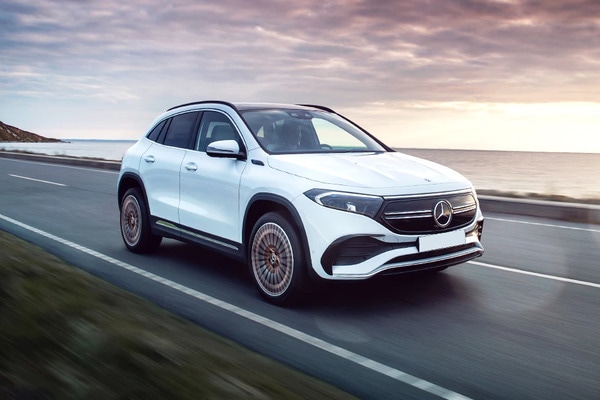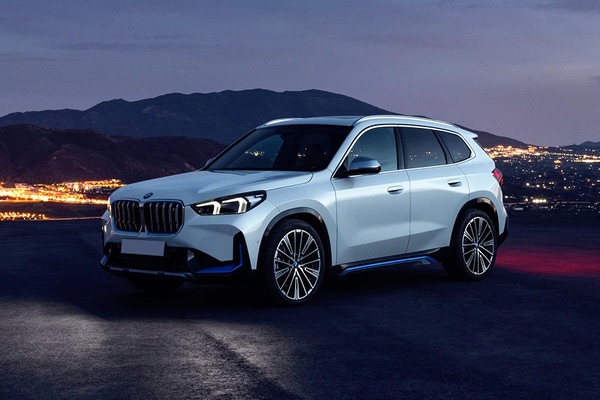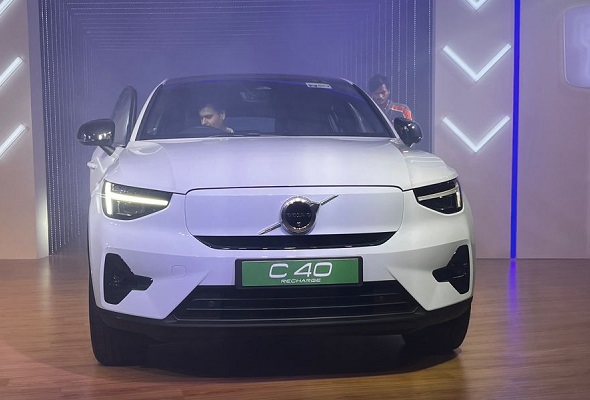German startup wants to remake Henry Ford's production line, complete auto robos
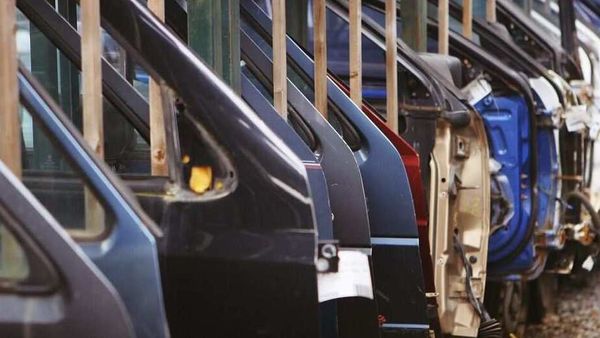

A German startup run by a former Porsche engineer received backing for his planned makeover of the assembly-line approach to carmaking introduced by Henry Ford a century ago.
Arculus GmbH wants automakers to ditch rigid production lines and adopt its more flexible platform where self-driving robots move half-built cars to different sections. London-based venture capital firm Atomico is among the investors who put in a total 16 million euros ($17.3 million).
Also check these Vehicles
“Now that we have this funding, it’s going to be about broadening the customer base," said 36-year-old Fabian Rusitschka, who has set up shop in Ingolstadt, close to BMW.
Having piqued the interest of Audi AG and others, the next step is scaling up to take on major manufacturing projects. While the coronavirus pandemic has decimated the car industry, the need for social distancing at work could play in Arculus’ favor, he said. There’s limited space on a traditional assembly line, with fixed machinery packed close together.
“You can’t move the workplaces apart from each other, you can barely create any distance," Rusitschka said.
Arculus’ system works by moving components on flat self-driving robots, allowing for a two-dimensional production grid where steps can be skipped, or stations moved if need be. If the traditional production line is a conveyor belt, Arculus’s system is more like a shopping mall, where every step in the process is a store that can be visited at will, he said.
The move to electric vehicles could also be a boost. With the technology still evolving, carmakers will want to keep their options open. That doesn’t suit the traditional car-making set up.
“With that long-lasting system, you basically need to decide now what you’re going to have for the next 10 years," he said.
Currently, Audi is using the platform for some aspects of pre-production, but Rusitschka said he believes long-term the benefits of modular production will outweigh the costs. Carmakers will have to be more nimble and innovate to keep up with EV developments.
“Nobody knows what the future is going to look like," Rusitschka said. “One of the biggest strengths of the modular production system is you can adapt."







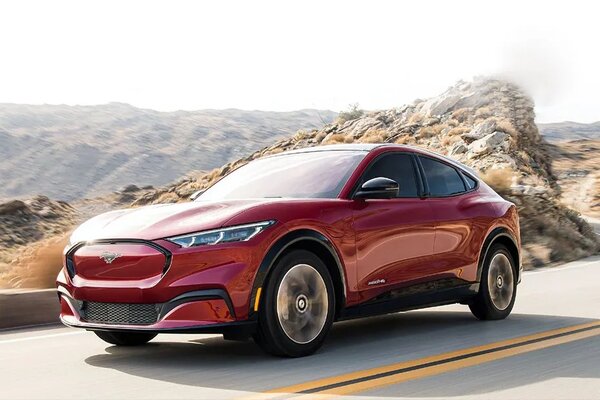
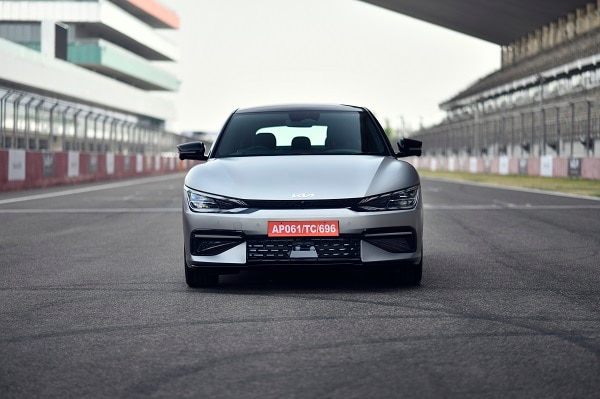
 77.4 kWh
77.4 kWh 708 km
708 km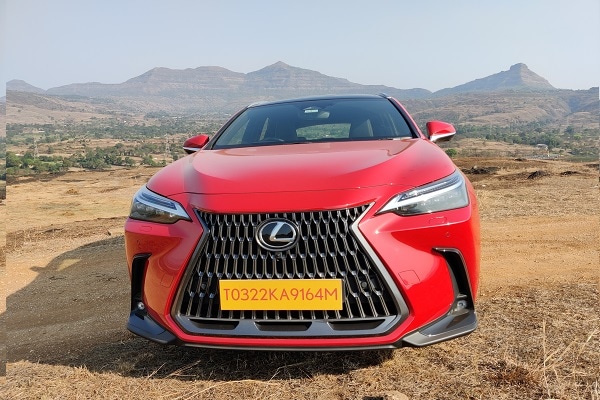
 2494.0 cc
2494.0 cc Multiple
Multiple